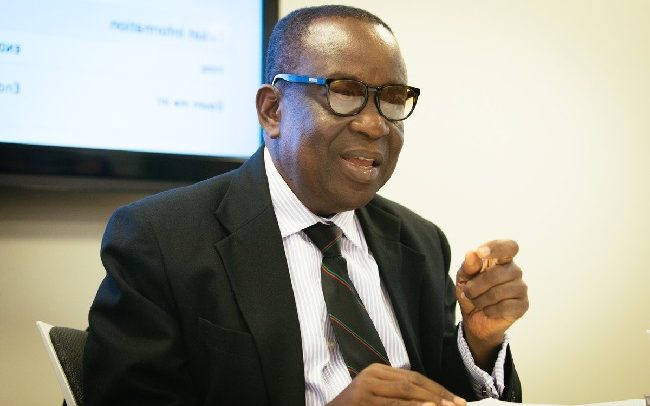Kan Dapaah
An airport security officer, whose ass was nailed for allegedly demanding to conduct a pre-boarding search on the Minister of National Security, has heaved a sigh of relief.
Awudu Basit was interdicted for his “indiscretion” in the discharge of his duties as an Aviation Security Officer at the Kumasi Airport by the management of the Ghana Airport Company Limited (GACL) on September 8, 2022.
But the GACL has since reconsidered the interdiction of AVSEC Officer Basit following further consultations and facts which have since come to its attention.
In a letter dated September 13, 2022 and signed by Pamela Djamson-Tettey, Managing Director, the GACL management said it is within its prerogative to act in line with Article 17 (e) of the Collective Agreement.
“We confirm that the Committee of Enquiry shall proceed with its mandate as spelt out in the Convening Order,” the letter stated in part.
Background
Earlier on, the Group Executive in charge of Human Capital & Office Services, R.S. Tagoe detailed what accounted for the interdiction of AVSEC Officer Basit.
According to him, while Mr. Basit was performing airside patrol duties at the Kumasi Airport on September 8, 2022, he saw the Minister of National Security, Albert Kan-Dapaah emerging from the VVIP Lounge to board an Africa World Airline flight at about 2:30pm.
He narrated that AVSEC Officer Basit reportedly approached the minister and demanded to conduct a pre-boarding search on him in the open frontage of the VVIP Lounge, which ended up embarrassing Mr. Kan-Dapaah.
“In view of the negative impression it cast on the company’s image and integrity, management has decided to thoroughly investigate the circumstances leading to this incident,” Mr. Tagoe stated in a letter interdicting the officer.
The letter added, “In line with Article 17(e) of the Collective Agreement, we notify you of your interdiction from Friday, September 9, 2022 pending the completion of investigations into the matter. We advise that you shall be paid two-thirds (2/3) of your salary during the period of interdiction.”
By Ernest Kofi Adu


